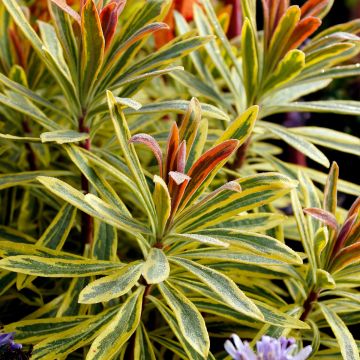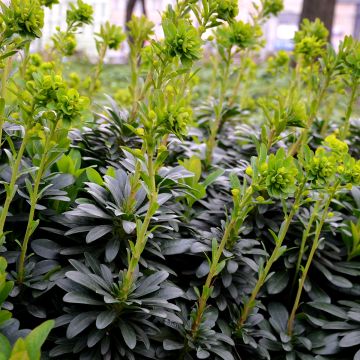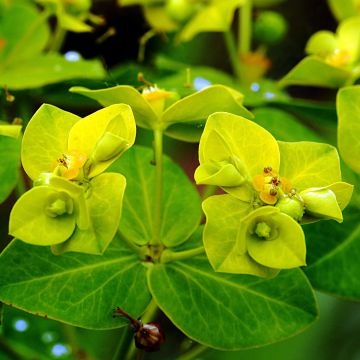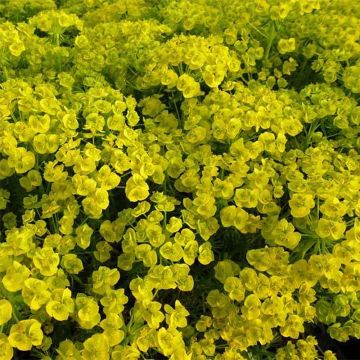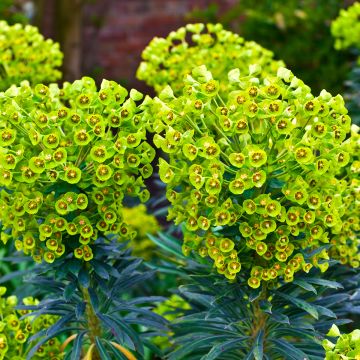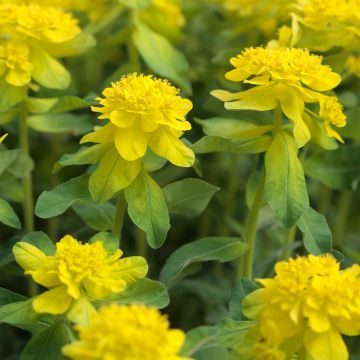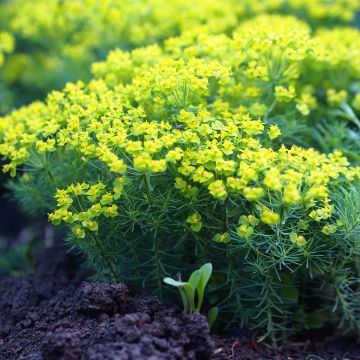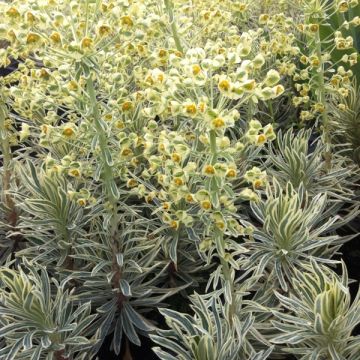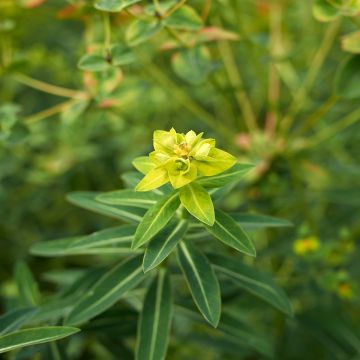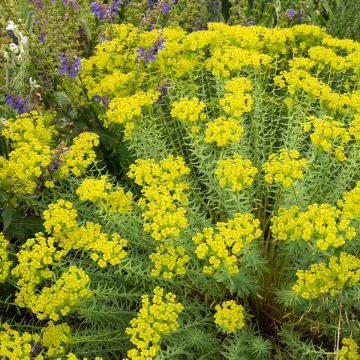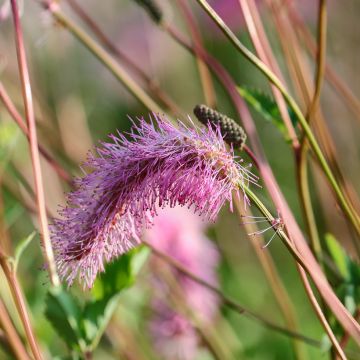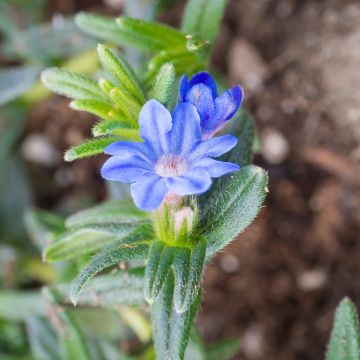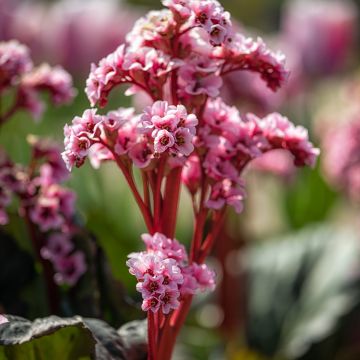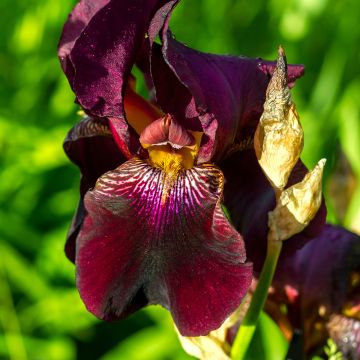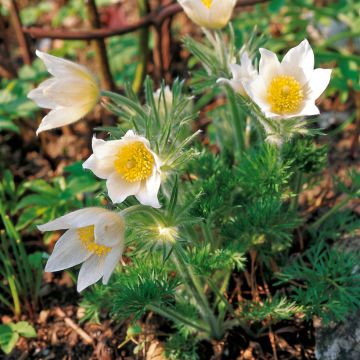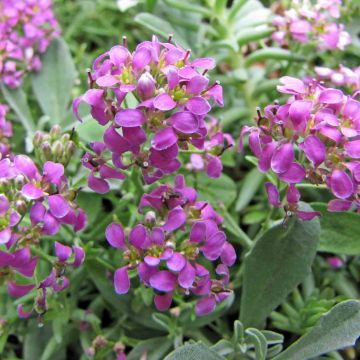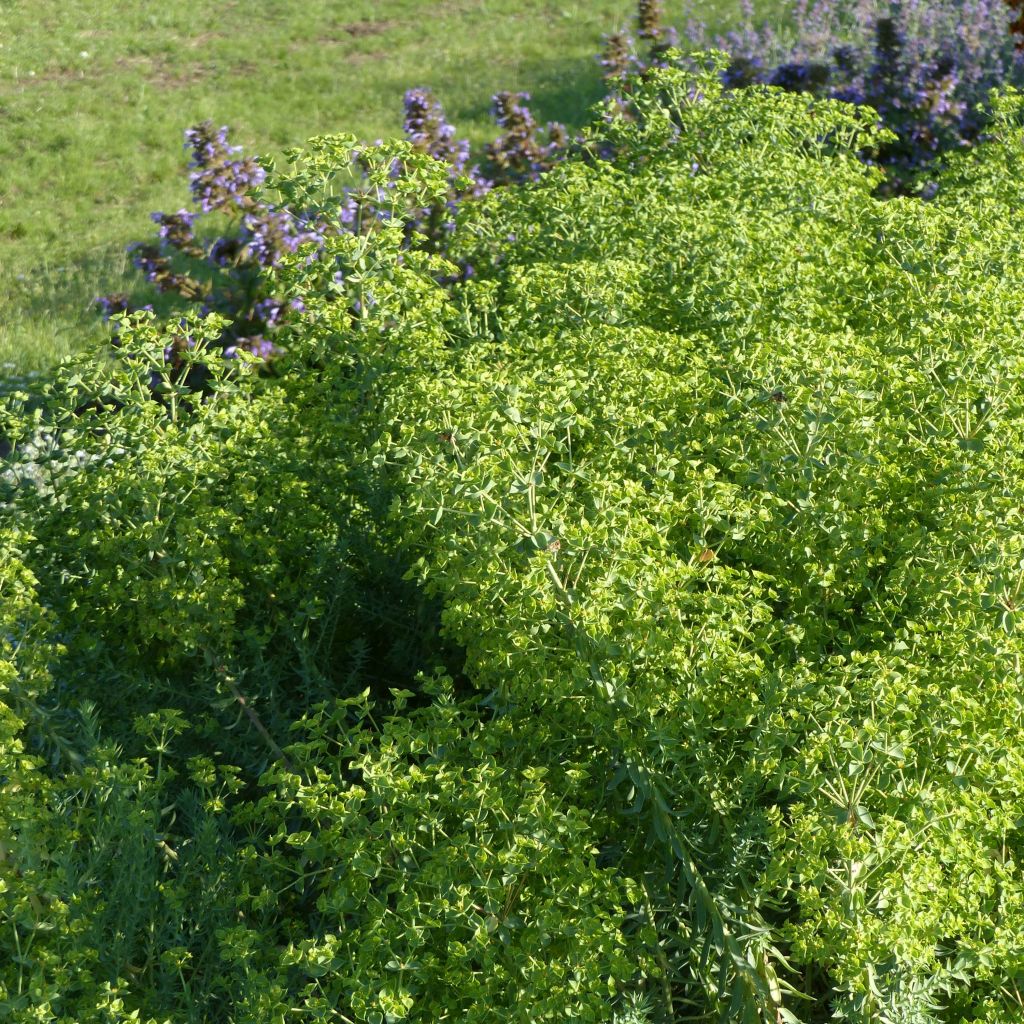

Euphorbia pithyusa subsp. cupanii Ponte Leccia - Spurge
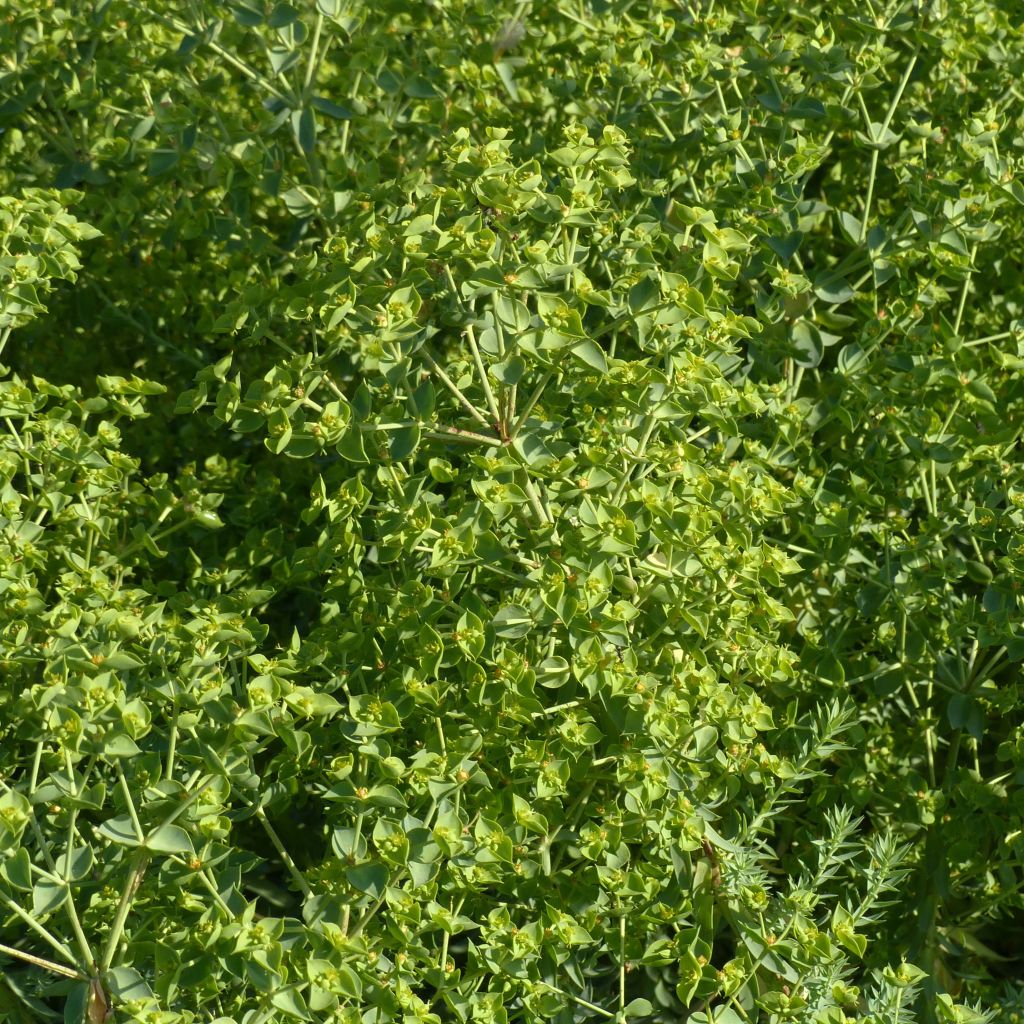

Euphorbia pithyusa subsp. cupanii Ponte Leccia - Spurge
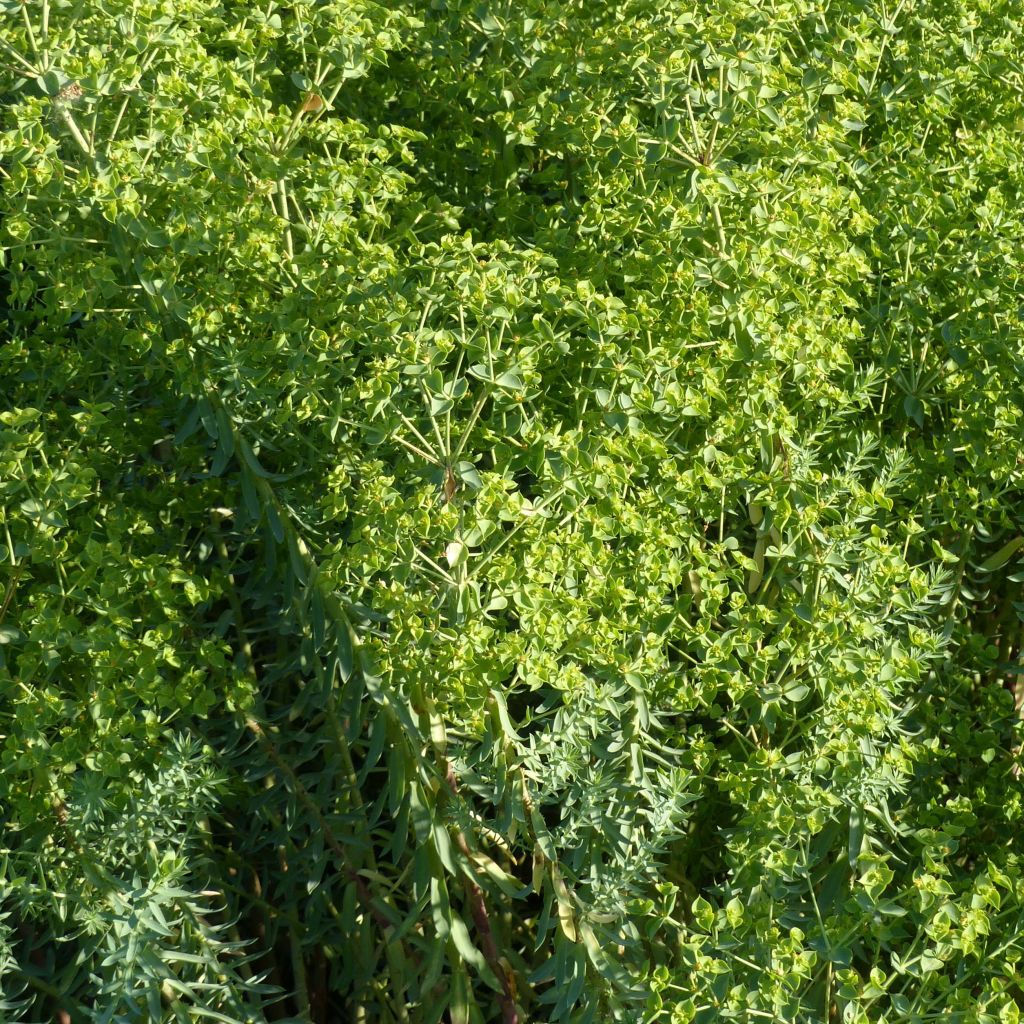

Euphorbia pithyusa subsp. cupanii Ponte Leccia - Spurge
Euphorbia pithyusa subsp. cupanii Ponte Leccia - Spurge
Euphorbia pithyusa subsp. cupanii Ponte Leccia
Little Fir Spurge
...but it seems to grow quite quickly!
Stéphane M., 29/06/2018
Special offer!
Receive a €20 voucher for any order over €90 (excluding delivery costs, credit notes, and plastic-free options)!
1- Add your favorite plants to your cart.
2- Once you have reached €90, confirm your order (you can even choose the delivery date!).
3- As soon as your order is shipped, you will receive an email containing your voucher code, valid for 3 months (90 days).
Your voucher is unique and can only be used once, for any order with a minimum value of €20, excluding delivery costs.
Can be combined with other current offers, non-divisible and non-refundable.
Home or relay delivery (depending on size and destination)
Schedule delivery date,
and select date in basket
This plant carries a 12 months recovery warranty
More information
We guarantee the quality of our plants for a full growing cycle, and will replace at our expense any plant that fails to recover under normal climatic and planting conditions.
Would this plant suit my garden?
Set up your Plantfit profile →
Description
The Euphorbia pithyusa 'Ponte Leccia' is a lovely variety of Balearic Spurge, a very ornamental evergreen Mediterranean species that is relatively hardy but not commonly used in our gardens. This plant forms a beautiful bushy clump with branched stems that bear clusters of fine succulent and pointed leaves in a surprisingly grey-blue, almost metallic colour. The summer flowering, very bright at the end of the branch, in the form of small bouquets of acid green flowers, takes on a beautiful rusty hue as they fade. Plant this euphorbia in full sun, in a well-drained bed, an exotic rockery, a dry garden, with other large cushions, small grasses or ground cover plants.
The Euphorbia pithyusa ssp. cupanii 'Ponte Leccia' belongs to the vast family of Euphorbiaceae. It is a horticultural form of Euphorbia pithyusa ssp. cupanii, a botanical species endemic to the Mediterranean coast. Widespread in the Balearic Islands, it is native to France, where it grows in sandy coastal soil in the southeast of the country. Hardy in zone 8, this euphorbia with poor soil can withstand short frosts of about -12 to -15°C (10.4 to 5°F), in well-drained soil. This undershrub develops into a bushy clump that slowly reaches 80 cm (32in) in all directions. Its vegetation is dense and branched, shaped like a large cushion. The young stems are green, then they turn cinnamon and orange-red while exfoliating at maturity. The evergreen leaves, succulent, are densely arranged around the stems. Small in size, they are linear, tapering to a point, grey-blue in colour, and will be even lighter when the soil is dry. The flowers are gathered in small umbels appearing in June-July at the ends of leaf-covered stems. They are petal-less flowers formed by lime green bracts that turn orange with time. The stems and leaves contain a milky sap that is sticky and toxic.
The 'Ponte Leccia' Spurge, with its beautiful appearance and surprising graphic design, will find its place in a dry and sunny rockery, on a wild slope in a large exotic bed, in a minimalist or contemporary style garden, but always in well-drained soil. For example, it can be associated with blue grasses (Elymus magellanicus, Blue Fescue Elijah Blue), blue-flowered shrubby salvias ('Blue Note'), or light yellow blooms like some Baptisia. It also forms a lovely combination with the orange flowers of certain Agastache or the cloud-like blossoms of toadflaxes. On a dry slope or in a rockery, it can accompany lavender, thyme, rockroses, and other Mediterranean plants.
Report an error about the product description
Euphorbia pithyusa subsp. cupanii Ponte Leccia - Spurge in pictures
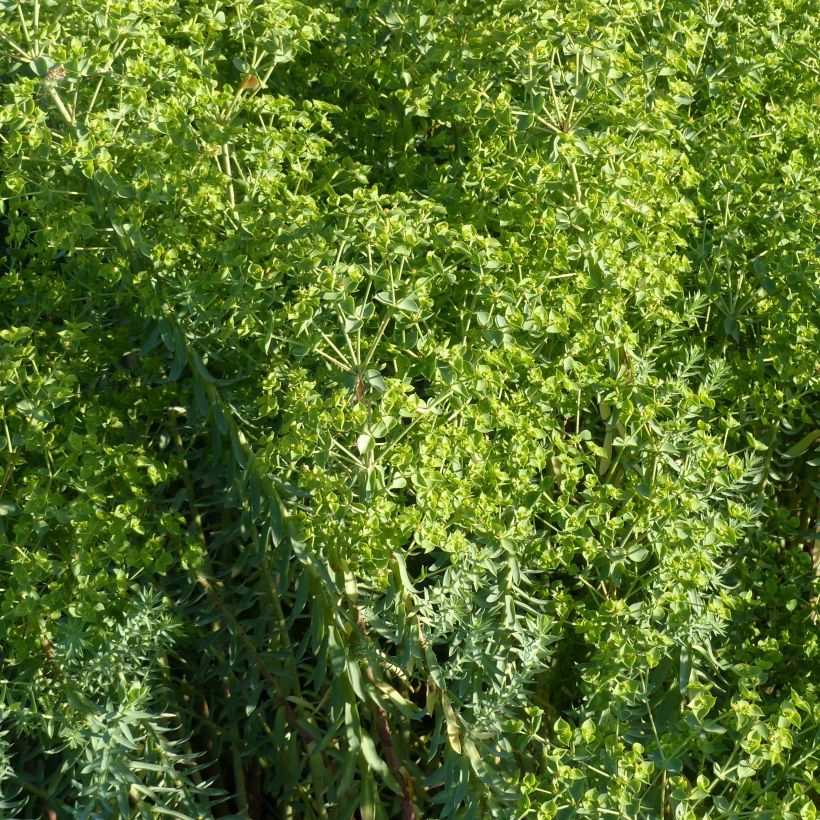

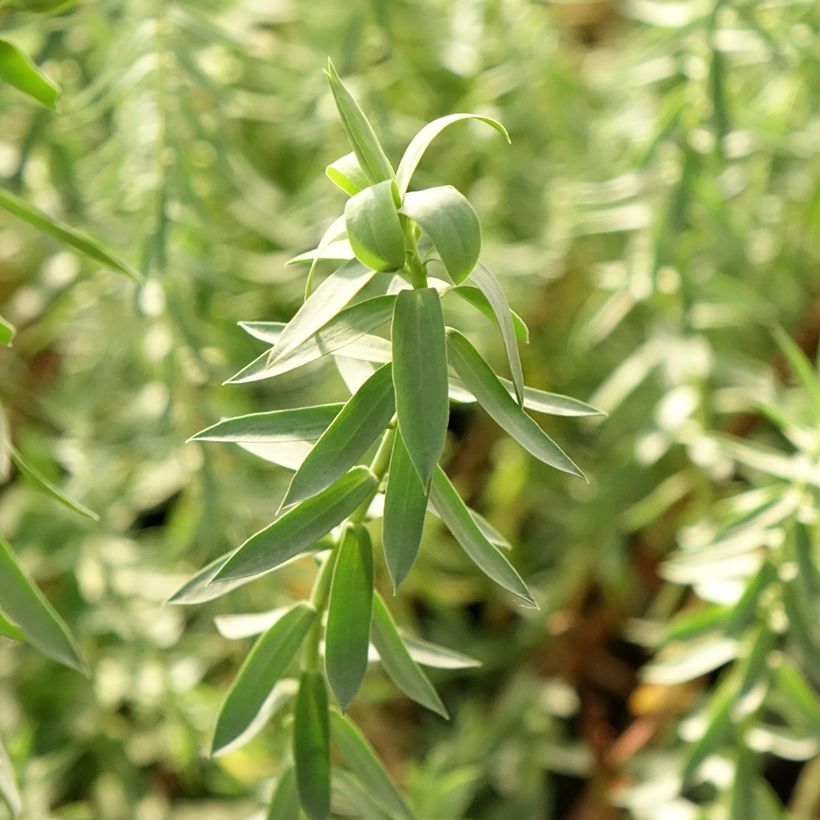

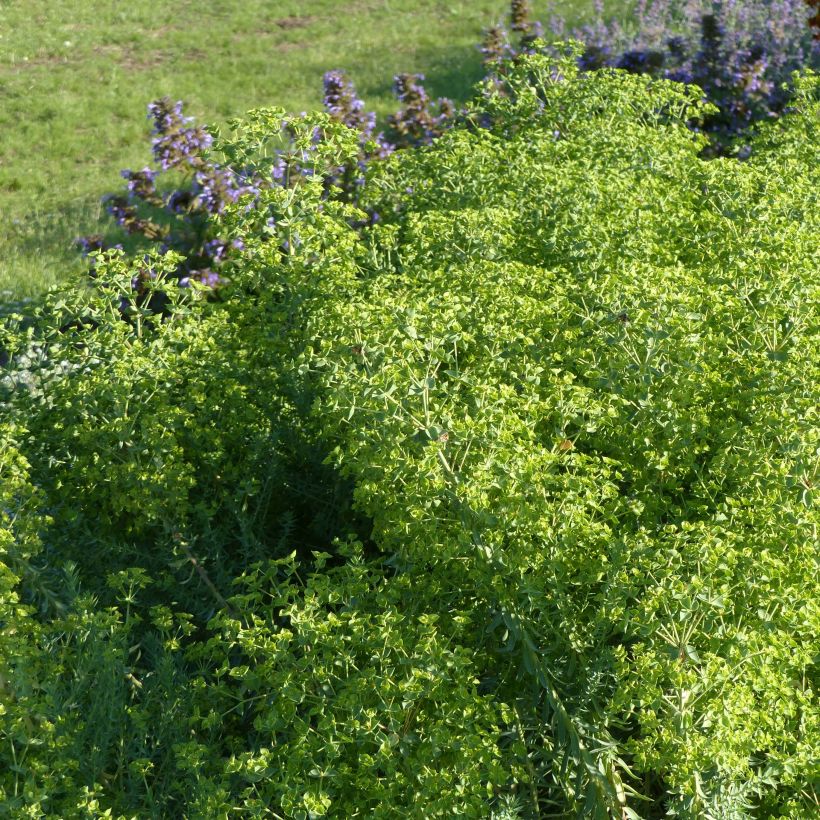

Flowering
Foliage
Plant habit
Safety measures
Botanical data
Euphorbia
pithyusa subsp. cupanii
Ponte Leccia
Euphorbiaceae
Little Fir Spurge
Mediterranean
atteintescutaneomuqueuses
Cette plante peut provoquer l'apparition de réactions cutanées indésirables, une atteinte des yeux, ou des difficultés respiratoires si elle est ingérée.
Ne la plantez pas là où de jeunes enfants peuvent évoluer. Evitez tout contact avec la peau: privilégiez l'emploi de gants pour la manipuler. En cas de contact, lavez-vous soigneusement les mains et rincez abondamment à l'eau la zone concernée. Lavez les vêtements entrés en contact. En cas de réaction cutanée, contactez votre médecin ou le centre antipoison le plus proche de chez vous. En cas d'atteinte étendue ou de difficultés respiratoires, appelez immédiatement le 15 ou le 112.Pensez à conserver l'étiquette de la plante, à la photographier ou à noter son nom, afin de faciliter le travail des professionnels de santé.
Davantage d'informations sur https://plantes-risque.info
Other Euphorbia - Spurge
View all →Planting and care
Plant Euphorbia pithyusa 'Ponte Leccia' in spring in cod regions, but in early autumn in places with dry and hot summer climates. plant it in a light, dry to moist soil, but above all, very well-drained. A light, slightly calcareous, neutral or slightly acidic soil will be suitable. Excess moisture in winter can greatly reduce the hardiness of this plant. A soil rich in non-calcareous gravel and coarse sand yields good results. This Euphorbia requires a very sunny exposure in the North, but tolerates partial shade in the southern regions. It is recommended to prune the floral stems to ground level as they wither, waiting for the inflorescences to completely fade, to prevent too much latex from flowing. It is essential to protect your hands from the latex as it causes skin inflammation. Pruning is necessary to prevent the plant from becoming unsightly, or if one wishes to avoid seed formation.
Planting period
Intended location
Care
-
, onOrder confirmed
Reply from on Promesse de fleurs
Similar products
Haven't found what you were looking for?
Hardiness is the lowest winter temperature a plant can endure without suffering serious damage or even dying. However, hardiness is affected by location (a sheltered area, such as a patio), protection (winter cover) and soil type (hardiness is improved by well-drained soil).

Photo Sharing Terms & Conditions
In order to encourage gardeners to interact and share their experiences, Promesse de fleurs offers various media enabling content to be uploaded onto its Site - in particular via the ‘Photo sharing’ module.
The User agrees to refrain from:
- Posting any content that is illegal, prejudicial, insulting, racist, inciteful to hatred, revisionist, contrary to public decency, that infringes on privacy or on the privacy rights of third parties, in particular the publicity rights of persons and goods, intellectual property rights, or the right to privacy.
- Submitting content on behalf of a third party;
- Impersonate the identity of a third party and/or publish any personal information about a third party;
In general, the User undertakes to refrain from any unethical behaviour.
All Content (in particular text, comments, files, images, photos, videos, creative works, etc.), which may be subject to property or intellectual property rights, image or other private rights, shall remain the property of the User, subject to the limited rights granted by the terms of the licence granted by Promesse de fleurs as stated below. Users are at liberty to publish or not to publish such Content on the Site, notably via the ‘Photo Sharing’ facility, and accept that this Content shall be made public and freely accessible, notably on the Internet.
Users further acknowledge, undertake to have ,and guarantee that they hold all necessary rights and permissions to publish such material on the Site, in particular with regard to the legislation in force pertaining to any privacy, property, intellectual property, image, or contractual rights, or rights of any other nature. By publishing such Content on the Site, Users acknowledge accepting full liability as publishers of the Content within the meaning of the law, and grant Promesse de fleurs, free of charge, an inclusive, worldwide licence for the said Content for the entire duration of its publication, including all reproduction, representation, up/downloading, displaying, performing, transmission, and storage rights.
Users also grant permission for their name to be linked to the Content and accept that this link may not always be made available.
By engaging in posting material, Users consent to their Content becoming automatically accessible on the Internet, in particular on other sites and/or blogs and/or web pages of the Promesse de fleurs site, including in particular social pages and the Promesse de fleurs catalogue.
Users may secure the removal of entrusted content free of charge by issuing a simple request via our contact form.
The flowering period indicated on our website applies to countries and regions located in USDA zone 8 (France, the United Kingdom, Ireland, the Netherlands, etc.)
It will vary according to where you live:
- In zones 9 to 10 (Italy, Spain, Greece, etc.), flowering will occur about 2 to 4 weeks earlier.
- In zones 6 to 7 (Germany, Poland, Slovenia, and lower mountainous regions), flowering will be delayed by 2 to 3 weeks.
- In zone 5 (Central Europe, Scandinavia), blooming will be delayed by 3 to 5 weeks.
In temperate climates, pruning of spring-flowering shrubs (forsythia, spireas, etc.) should be done just after flowering.
Pruning of summer-flowering shrubs (Indian Lilac, Perovskia, etc.) can be done in winter or spring.
In cold regions as well as with frost-sensitive plants, avoid pruning too early when severe frosts may still occur.
The planting period indicated on our website applies to countries and regions located in USDA zone 8 (France, United Kingdom, Ireland, Netherlands).
It will vary according to where you live:
- In Mediterranean zones (Marseille, Madrid, Milan, etc.), autumn and winter are the best planting periods.
- In continental zones (Strasbourg, Munich, Vienna, etc.), delay planting by 2 to 3 weeks in spring and bring it forward by 2 to 4 weeks in autumn.
- In mountainous regions (the Alps, Pyrenees, Carpathians, etc.), it is best to plant in late spring (May-June) or late summer (August-September).
The harvesting period indicated on our website applies to countries and regions in USDA zone 8 (France, England, Ireland, the Netherlands).
In colder areas (Scandinavia, Poland, Austria...) fruit and vegetable harvests are likely to be delayed by 3-4 weeks.
In warmer areas (Italy, Spain, Greece, etc.), harvesting will probably take place earlier, depending on weather conditions.
The sowing periods indicated on our website apply to countries and regions within USDA Zone 8 (France, UK, Ireland, Netherlands).
In colder areas (Scandinavia, Poland, Austria...), delay any outdoor sowing by 3-4 weeks, or sow under glass.
In warmer climes (Italy, Spain, Greece, etc.), bring outdoor sowing forward by a few weeks.






























